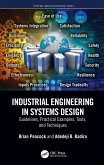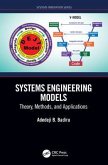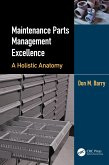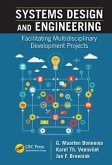A Firsthand Look at the Role of the Industrial Engineer The industrial engineer helps decide how best to utilize an organization's resources to achieve company goals and objectives. Introduction to Industrial Engineering, Second Edition offers an in-depth analysis of the industrial engineering profession. While also providing a historical perspective chronicling the development of the profession, this book describes the standard duties performed, the tools and terminologies used, and the required methods and processes needed to complete the tasks at hand. It also defines the industrial engineer's main areas of operation, introduces the topic of information systems, and discusses their importance in the work of the industrial engineer. The authors explain the information system concept, and the need for integrated processes, supported by modern information systems. They also discuss classical organizational structures (functional organization, project organization, and matrix organization), along with the advantages and disadvantages of their use. The book includes the technological aspects (data collection technologies, databases, and decision-support areas of information systems), the logical aspects (forecasting models and their use), and aspects of principles taken from psychology, sociology, and ergonomics that are commonly used in the industry. What's New in this Edition: The second edition introduces fields that are now becoming a part of the industrial engineering profession, alongside conventional areas (operations management, project management, quality management, work measurement, and operations research). In addition, the book: Provides an understanding of current pathways for professional development Helps students decide which area to specialize in during the advanced stages of their studies Exposes students to ergonomics used in the context of workspace design Presents key factors in human resource management Describes frequently used methods of teaching in the field Covers basic issues relative to ergonomics and human-machine interface Introduces the five basic processes that exist in many organizations Introduction to Industrial Engineering, Second Edition establishes industrial engineering as the organization of people and resources, describes the development and nature of the profession, and is easily accessible to anyone needing to learn the basics of industrial engineering. The book is an indispensable resource for students and industry professionals.
Hinweis: Dieser Artikel kann nur an eine deutsche Lieferadresse ausgeliefert werden.
Hinweis: Dieser Artikel kann nur an eine deutsche Lieferadresse ausgeliefert werden.








